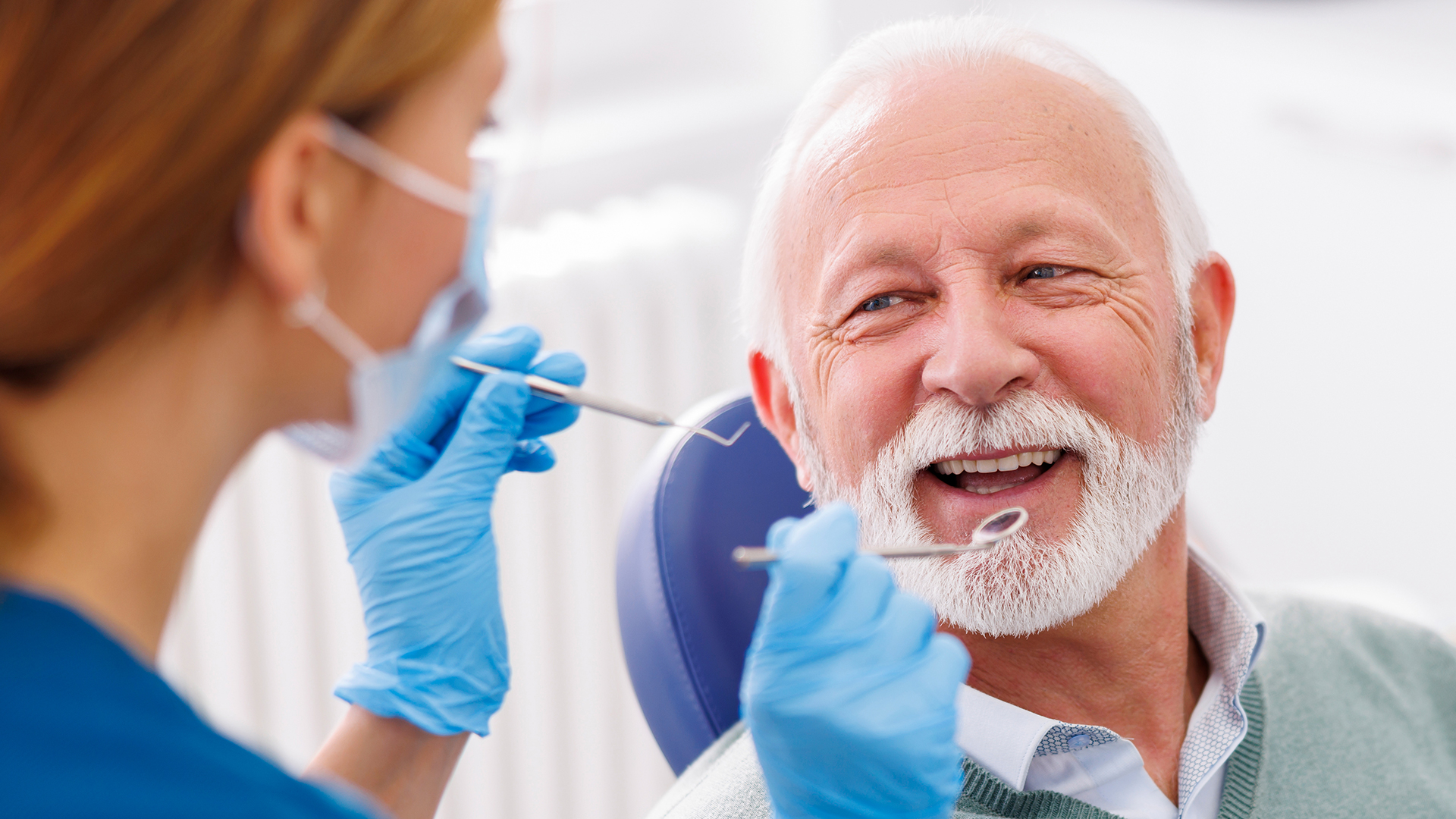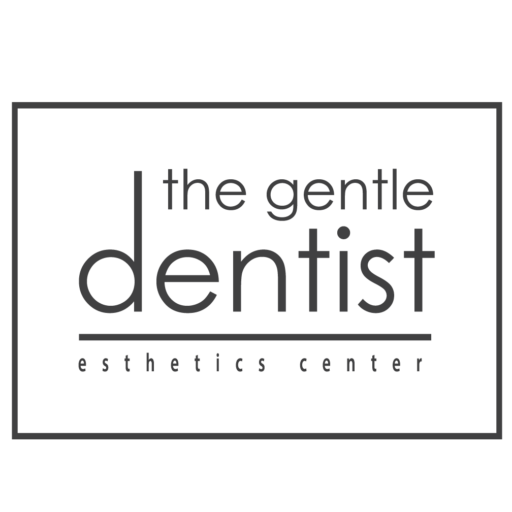
Dental health in the elderly
The importance of oral and dental health for the elderly
Oral and dental diseases are the most common among the elderly
- Tooth loss
- Dry mouth
- Gum diseases
- Tooth decay
- Bad breath
- Teeth stains
Conclusion
Sources
Dental health in the elderly
Dental health in the elderly is essential for a good quality of life. Unfortunately, oral diseases are very common among adults and the elderly and are associated with poor hygiene, poor nutrition, alcohol consumption, smoking, and other factors.
The most common oral diseases in the elderly are tooth decay, gum disease, and periodontal disease, which in many cases leads to tooth loss.
According to studies, adults aged 35-44 lose an average of 6 teeth, and elderly people aged 65-74 lose 18 teeth.
During aging, a series of changes occur in the oral cavity as a result of aging, and signs of aging appear at all levels: teeth, gums, salivary glands, mandibular bone, oral mucosa, etc.
The importance of oral and dental health for the elderly
Elderly people should pay special attention to their oral and dental health, as age-related changes can increase the risk of developing certain diseases in the mouth and teeth.
To prevent these diseases, the elderly need to maintain good oral hygiene by brushing and flossing regularly, as well as visiting the dentist for regular checkups and cleanings. It is also important to inform the dentist of any changes in oral health to detect and treat any problems early.
In short, having adequate oral health can improve the quality of life and prevent serious problems and oral diseases in the elderly that can affect the ability to eat in people belonging to this age group. Therefore, they must be informed about these diseases and are committed to maintaining good oral health.
the most common Oral and dental diseases among the elderly
Oral diseases are very common among the elderly, and if not treated in time, they can significantly affect a person’s quality of life. It not only affects a person’s ability to eat, speak, and perform normal daily activities but also reduces self-esteem and self-confidence.
Then, the most common oral and dental diseases in the elderly, their causes, and possible treatments will be described. It is important to keep in mind that many of these diseases or conditions can be prevented through good oral hygiene and regular visits to the dentist.
1. Tooth loss
Many factors can cause tooth loss in adulthood, ranging from gum disease to tooth erosion, to chronic diseases such as diabetes that can increase the risk of partial or complete tooth loss. Sometimes it is also closely linked to smoking and not having a proper dental hygiene routine.
To prevent tooth loss, the affected person needs to visit the dentist regularly. If you have already lost one or more teeth, it is essential to visit the dentist as soon as possible to explore treatment options, such as dental implants, that will allow you to maintain your ability to eat, speak, and smile comfortably.
2. Dry mouth
Dry mouth is characterized by a decrease in saliva production, which can cause the feeling of not having enough saliva or dry mouth. This syndrome can be a problem because saliva is important in keeping the mouth moist, which in turn helps protect against bacteria and tooth decay.
The body’s daily production of more than a liter and a half of saliva is necessary to break down food, eliminate bacteria, prevent cavities, and protect against bad breath. However, when the mouth is too dry, several problems can arise, ranging from minor discomfort to major problems such as tooth decay.
Dry mouth can be caused by various factors, such as the use of certain medications, which is common among the elderly, as about 90 percent of people over the age of 65 take some type of medication. In addition, infections, hormonal changes, and allergies can also cause dry mouth.
3. Gum disease
Other common oral diseases in the elderly are gum problems such as gingivitis.
Gum disease is a common condition that can develop with aging. It often takes years to appear, and older people are at greater risk of developing gum problems than younger people.
The best way to prevent gingivitis or other gum disease is through good oral hygiene, which includes brushing your teeth and tongue twice a day, flossing, and rinsing your mouth with mouthwash. It is also important for seniors to visit their dentist regularly to detect and treat the disease early before it develops into advanced gum disease.
4. Tooth Decay
Tooth decay is a very common oral health problem and the importance of preventing and treating it should not be underestimated.
Eating foods that are high in sugar increases the chances of developing cavities. A person with cavities can help prevent them by limiting sugary drinks and foods and brushing and flossing their teeth daily. Using an antiseptic mouthwash will also help protect your teeth from cavities.
5. Bad Breath
Do you suffer from bad breath frequently? Seniors often experience a change in the taste and smell of their mouths, which can be uncomfortable in certain situations and they feel embarrassed about it. It is important to understand that bad breath is not a symptom in itself, but rather the result of an underlying problem that must be addressed to eliminate it.
Dry mouth and gum disease can contribute to bad breath, but poor oral hygiene is the main cause.
To prevent bad breath, seniors should visit their dentist twice a year and brush their teeth daily to keep them clean. If a person has dentures, they should
6. Tooth stains
As we age, it is normal for our teeth to darken a little, although proper dental care can help prevent this, it may be unavoidable in some cases. However, some measures can be taken to maintain the color of teeth or get teeth as white as possible, such as avoiding tobacco, coffee, soft drinks, and other dark foods.
If an older adult is unhappy with the appearance of their teeth, they can talk to their dentist about available cosmetic treatments, such as teeth whitening or permanent dental veneers. It is important to keep these risks and treatment options in mind as we age to maintain good dental health and an attractive smile.
conclusion
Oral diseases begin in the early years of life and tend to increase with age. The best way to control dental health in the elderly is to practice proper oral hygiene using toothpaste, eat healthy foods, eat plenty of vegetables and fruits, and dairy products, and drink water instead of soft drinks. Avoid smoking and avoid alcohol and foods high in sugar.
See also: What is dental calculus cleaning?
Follow us on Instagram The Gentle Dentist
Sources
- https://www.webmd.com/oral-health/dental-care-seniors
- https://www.ada.org/en/resources/ada-library/oral-health-topics/aging-and-dental-health
- https://www.dentalhealth.org/dental-care-for-older-people
- https://health.gov/myhealthfinder/doctor-visits/regular-checkups/oral-health-older-adults-quick-tips
- Myth or Fact? Everything You Need to Know About Teeth Whitening at Home
- Dental Implants: The Perfect Solution for Tooth Loss and Restoring Self-Confidence
- Secrets of a Healthy Mouth: Daily Habits That Protect Your Teeth from Cavities
- Thumb sucking in children and its effect on dental health.
- Benefits of regular teeth cleaning

